Resources
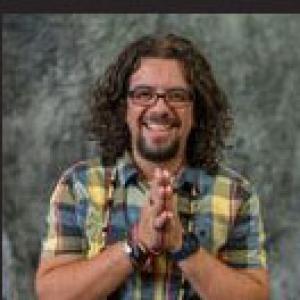
Cláudio Carvalhaes Associate Professor McCormick Theological Seminary In Brazil There has been a recent uprising of students fighting for justice and better education. Several political developments have spurred the revolt of fourteen- to seventeen-year-old students in defiance of arbitrary laws of governors. Let me mention four events. First, it was

Cláudio Carvalhaes Associate Professor McCormick Theological Seminary At the heart of education, the most important “instrument” of our lives, the house we inhabit, is the very core of our selves: our bodies. Fully! It is in and through our bodies that we learn and are able to unlearn. The immense.
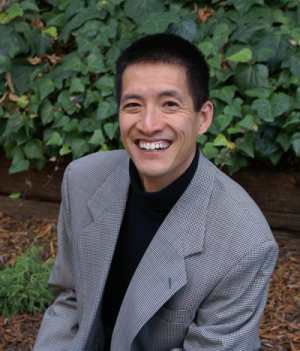
Tat-siong Benny Liew Class of 1956 Professor in New Testament Studies College of the Holy Cross If you spend much time in the Northwest of California, especially if you are someone who likes to hike, alongside trail maps at visitor centers you will see posters that instruct you how to
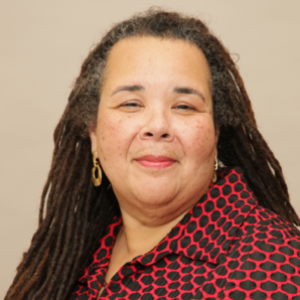
Nancy Lynne Westfield Associate Professor of Religious Education Drew Theological School Michael Callahan, brilliant Drew Theological School student, said in his response to a previous blog post, “Silence grants its own power to the one who wields it.” I love this idea! We are crisply aware of the power of..

Cláudio Carvalhaes Associate Professor McCormick Theological Seminary All of the schools under the Association of Theological Schools are required to have a very clear and strong sense of educational effectiveness. One of the ways to gauge such effectiveness is by evaluating to what extent a course meets its stated ‘learning

Nancy Lynne Westfield Associate Professor of Religious Education Drew Theological School Teaching for racial equality, and against oppression, has meant coming to grips with what my adult students (domestic and international) do not know, i.e. the basic concepts of race and the mechanisms of racism in the United States. Teaching
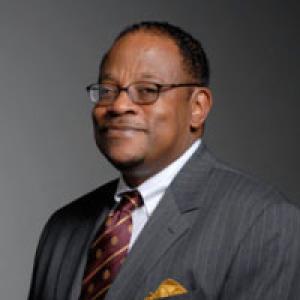
Stephen G. Ray Jr. Neal A. and Ila F. Fisher Professor of Theology Garrett-Evangelical Theological Seminary I admit that I was a bit flumoxed by how disoriented most of the students in my class were through much of the semester. My two very talented TAs were likewise lost for an answer. We realized late in the game that the reason for this seeming disorientation was there before us the entire time - we just resisted seeing it. Before continuing, it might be helpful if I shared a pedagogical decision I made about the teaching of the class. As I shared...

Kate Blanchard Last Monday I wore a suit to work, an occurrence rare enough that my students felt led to comment upon it. “You look so nice today!” exclaimed one, to which another quickly retorted, “That makes it sound like she doesn’t usually look nice!” A couple of others joined.

Cláudio Carvalhaes Associate Professor McCormick Theological Seminary The classroom is a microcosm of theological education. It changes and perpetuates ideas, behaviors and ideologies. But the classroom is a result and consequence of a larger scheme of structural practices and worldviews. What I have seen in these 8 years of teaching is that everything in theological education is so interconnected. Leadership; faculty composition; faculty meetings; public policies; by-laws; conferences; worship services; syllabi and chosen pedagogies; composition of students’ races; social classes and theological backgrounds, chapels, everything composes a temporary mosaic of what and who schools are and want to be. While patriarchalism, sexism, cultural/identity differences, and
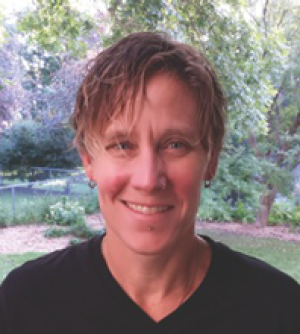
Jennifer Harvey Associate Professor Drake University In some ways it’s really simple. If we had genuinely multi-racial classrooms in the U.S. the challenge of race in those same rooms would be much less of one. We so quickly find ourselves embroiled in an oh-so-familiar conversation when the pedagogical question becomes how to best teach race, privilege, U.S. religious history, ethics, and justice in the religion and theology classroom. How do we keep white students from shutting down? How do we get them to understand? How do we enable them to recognize their stake in such learning when so few of them have had to..